-
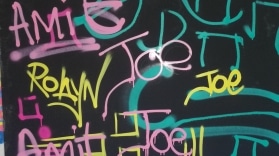
Led by You get ready for Culture Night Belfast
Last week, Led By You had an interesting Shadow Board on the streets of Belfast gathering… Read More →
Led By You Shadow Board Team Updates -
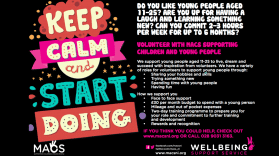
Keep calm and start doing!
Working with a young person, I was able to shift his thinking from being a victim to a young… Read More →
Volunteers -
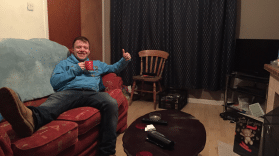
Conor’s journey and castle fit for a king!
Conor called MACS Newry his home and his time there was an eventful journey in which he… Read More →
Your Stories -
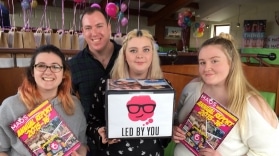
Led By You update & photos from Todds Leap
It’s been a busy week with Led By You showcasing our project at the Wellbeing launch,… Read More →
Led By You Team Updates -
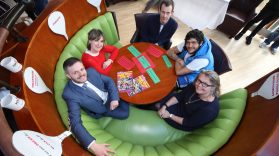
Busy 5 years ahead as we launch new Wellbeing Service
We were delighted to launch our new Wellbeing Support Service at the Four Winds Hotel… Read More →
Wellbeing -
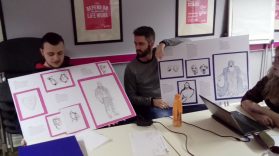
Story Boarding with the Shadow Board
Last week, the Shadow Board met Conaire & Sebastian from Housing to look at their… Read More →
Shadow Board -
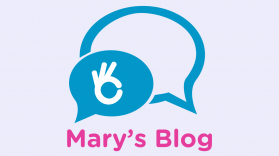
Mary’s Blog: March 2017
Hi guys, short blog this month – but this doesn’t mean great things are not happening.… Read More →
Blogs -
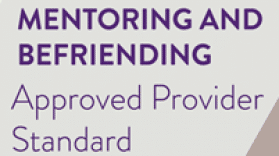
Wellbeing reaccredited at approved mentoring provider
Wellbeing recently underwent our reassessment to be an approved mentoring provider… Read More →
Awards -
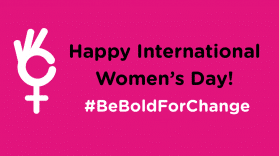
Happy International Women’s Day from MACS!
This years’ theme is Be Bold For Change. Find out more about the campaign and… Read More →
General -
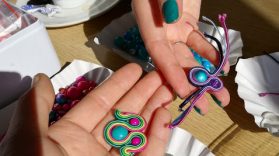
Carrie and her mentor Karolina get crafty!
Carrie and her mentor Karolina recently finished their match together. This pair were… Read More →
Volunteers -

Young people help make self care hampers for Wellbeing
Last week, Wellbeing had lots of helpers in the office to make 70 hampers – yes that’s… Read More →
Team Updates -
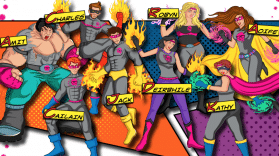
Shadow Board produce this year’s Annual Report 2015-16
MACS Shadow Board representatives produced this year’s Annual Report. They… Read More →
General Shadow Board -
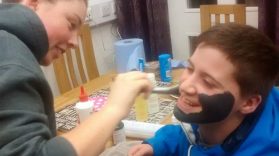
Pamper Night in Downpatrick
On Tuesday, young people in Downpatrick indulged in an evening of food and pampering.… Read More →
Team Updates -

Mary’s Blog: February 2017
Well get me to the top of the highest mountain because this needs some shouting!! Yvonne… Read More →
Blogs -

Hope, a poem by Stanley
Don’t lose hope. You never know what tomorrow will bring. Every story has an ending,… Read More →
Your Stories -
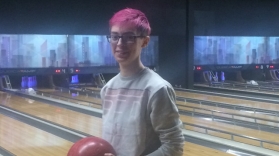
Charley bowled over by Kirsti’s striking skills
Last week, Kirsti & I celebrated as she finished her support with the Wellbeing… Read More →
Team Updates -
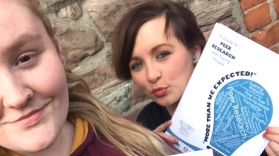
Young Leaders attend #CareDay seminar
Yesterday, Robyn & Kathy (Led By You Young Leaders) went to a workshop at Queen’s… Read More →
Team Updates -

Belfast Housing ace RQIA inspection
Well done to MACS Belfast Housing on their recent RQIA inspection with no recommendations…… Read More →
Team Updates -
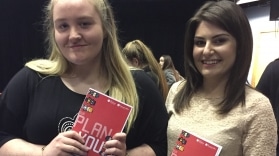
Having our say in the Children & Young People’s Strategy
Last week, Wellbeing & Belfast Floating Support attended a consultation for the… Read More →
Team Updates -
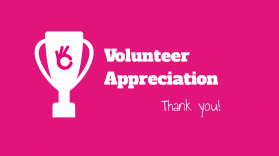
Volunteer of the week goes to compassionate & kind Andrew
Andrew completed his new volunteer training in March and is now on his 2nd match supporting… Read More →
Volunteers -

Mary’s Blog: January 2017
Well that’s me! I am done with the turkey and ham Christmas dinner! From now on its steak… Read More →
Blogs -

Shout out to Christine, our volunteer of the week
A lovely way to end the week….. another shout out to one of our fantabulous volunteers!!!!… Read More →
Volunteers -
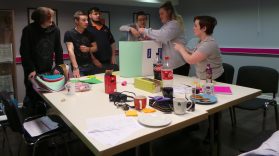
Young leaders get their creative juices flowing
Yesterday, our young leaders from Led by You attended the first Oscars planning meeting.… Read More →
Team Updates -
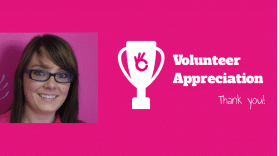
Huge big shout out to Lisa
Lisa P has successfully completed two matches and her young people have raved about… Read More →
Volunteers -
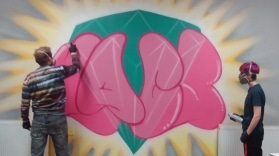
New graffiti art for communal room in Lisburn
A few of our young people in Lisburn set about doing a graffiti piece for the wall in the… Read More →
Team Updates -

Led By You Blog (No.3) by Robyn
Led by You helps young people get involved, have their say and provide opportunities… Read More →
Blogs -

Volunteer appreciation to Gareth!
This week’s volunteer appreciation goes to Gareth D! Gareth has just completed… Read More →
Volunteers -

Appreciation to Dorothy, inspirational volunteer
This week’s volunteer appreciation goes to Dorothy M. Dorothy has successfully… Read More →
Volunteers -
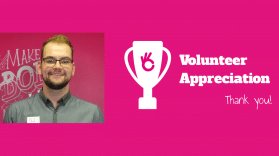
A big shout out to Volunteer Mentor Paul
Paul is a genuine and fun guy who has completed one match as a volunteer mentor and is now… Read More →
Volunteers -

Happy holidays from everyone at MACS!
All we want for Christmas is for all children & young people to get a fair deal. Last… Read More →
General
News
Find out what the MACS team have been up to.
